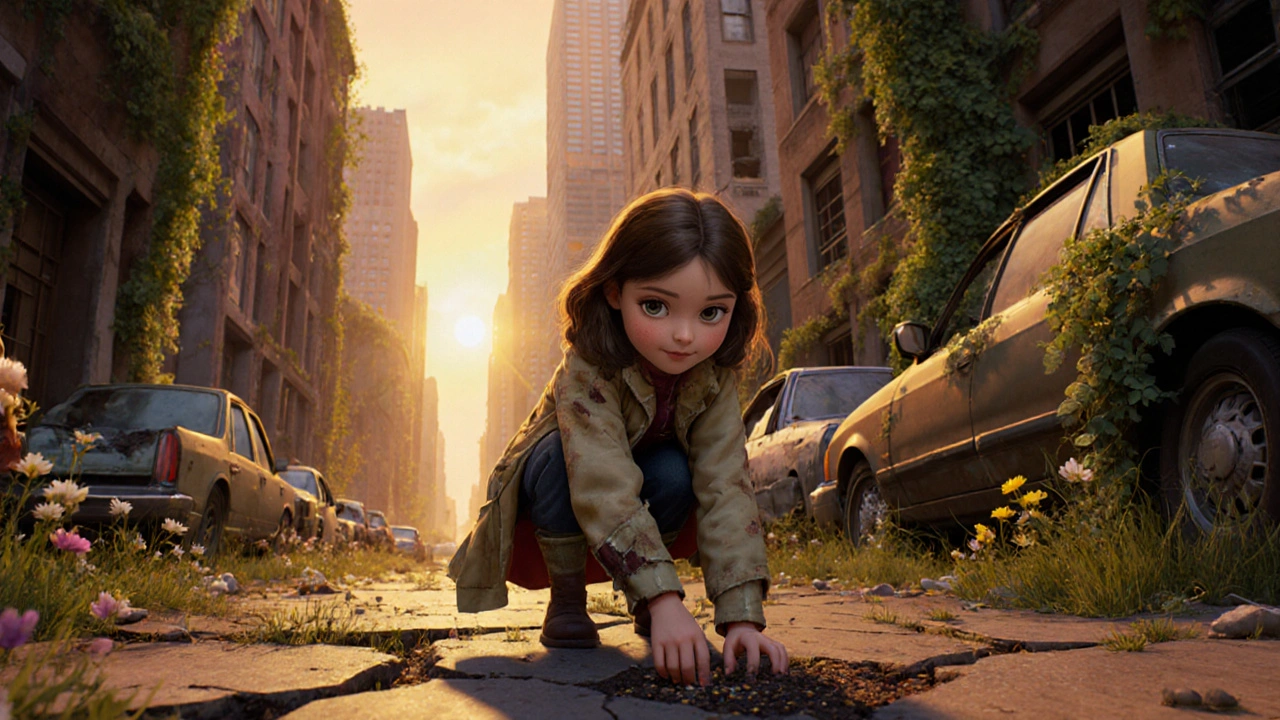The Last of Us: Films, Themes, and Stories Like the Hit Series
When you think of The Last of Us, a critically acclaimed post-apocalyptic narrative blending survival, grief, and human connection, originally adapted from a video game into a hit HBO series. It’s not just a show—it’s a story that feels real because it stops pretending people act logically in chaos. This kind of storytelling doesn’t come from action movies or superhero plots. It comes from quiet moments, broken relationships, and choices that haunt you long after the screen goes dark. What makes The Last of Us work isn’t the infected. It’s how Joel and Ellie carry their pain like a second skin. That’s the same emotional core you’ll find in films that focus on human endurance over spectacle.
Related stories like The Road, a bleak, intimate adaptation of Cormac McCarthy’s novel about a father and son navigating a dead world and A Quiet Place, a thriller where silence becomes survival and parental love drives every decision mirror The Last of Us in tone, pacing, and heart. These aren’t about saving the world—they’re about holding on to what’s left of it. Even Children of Men, a dystopian film where hope is the rarest resource gets close, showing how fear and love can coexist in collapsing societies. You won’t find zombies in all of these, but you’ll find the same weight: people trying to be better than the world around them.
What connects these films? They trust the audience to sit with silence. They let grief breathe. They don’t explain every choice—they show its cost. That’s why fans of The Last of Us don’t just watch these movies. They feel them. The posts below dive into exactly that: how filmmakers build emotional depth, why some stories stick while others fade, and what makes a survival tale feel human instead of just violent. You’ll find reviews of films that match its mood, breakdowns of how sound and silence shape tension, and deeper looks at how storytelling evolves when the world ends—but people don’t.
From The Walking Dead to Fallout, explore how post-apocalyptic TV and film use collapse to reveal what truly matters: human connection, survival, and hope. Discover the best shows, why they work, and where the genre is headed.
View More

